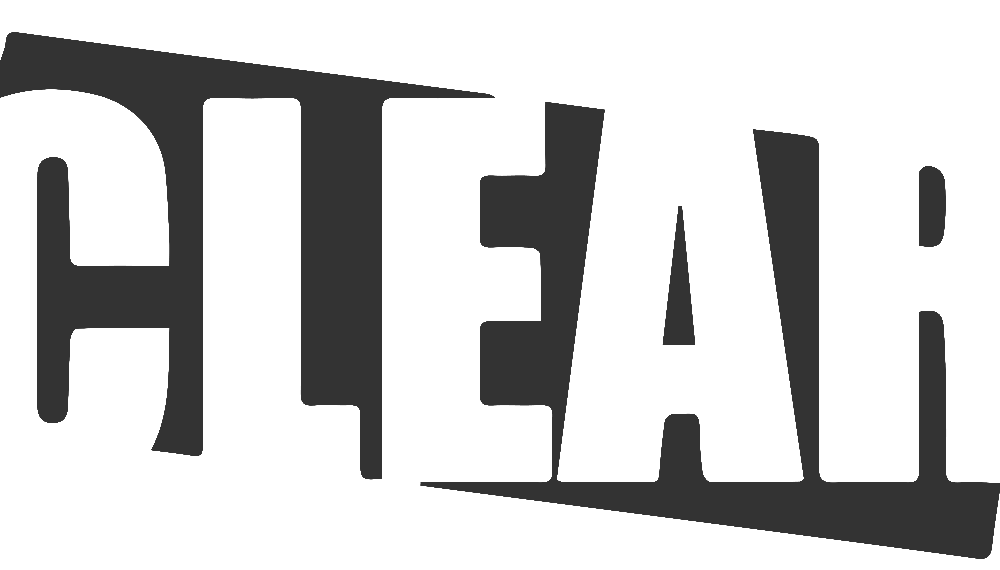Mahmoud Khalil
Mahmoud Khalil is a Columbia graduate student and lawful permanent resident who was abducted from his home and from his then 8-month pregnant wife by ICE agents in an illegal arrest on March 8. Mahmoud was targeted by the Trump administration for his pro-Palestinian views and was arrested in an effort to silence dissent.
Last updated April 27, 2025
Rümeysa Öztürk
Rümeysa Öztürk is a Fullbright scholar who was working on her Ph.D at Tufts University, when she was abducted by plainclothes ICE agents in Somerville, Massachusetts on March 25. Rümeysa was targeted by the Trump administration in retaliation for an op-ed she co-authored in her student newspaper last year.
Last updated April 27, 2025
Yunseo Chung
Yunseo Chung is a Columbia student and permanent U.S. resident, who was facing imminent threat of being detained, transferred, and deported from the U.S. for speaking up for Palestine and her fellow students. On March 24, CLEAR filed an emergency motion to block ICE’s attempts to unlawfully detain Yunseo. While the government was adamant about wanting to detain Yunseo, the court agreed with Yunseo’s legal team that a 21-year old college student, who poses no risk, should be free. On March 25, a federal judge heard the request and did the right thing by temporarily blocking ICE from detaining Yunseo.
Last updated April 27, 2025
United States v. Farhane: Denaturalization
Part of the Trump administration’s all-out assault on immigrants and immigration was a concerted effort to ramp up denaturalization efforts. Although efforts at denaturalization had been primarily reserved for Nazis and war criminals, by the early 2000s, the government had expanded its efforts to strip individuals of citizenship who did not fit within either one of those categories. The Trump administration filed twice as many denaturalization cases in each of its first two years as the average number of denaturalization cases for the prior twelve years.
Tanvir v. Tanzin: The No Fly List
CLEAR frequently represents individuals approached by law enforcement for questioning. Often, law enforcement is fishing for information on vulnerable communities, sometimes even asking Muslim New Yorkers to spy on their own communities.
Students and attorneys at CLEAR noted a pattern among at least four Muslim clients who refused to become FBI informants. Shortly after declining to spy, each of these men found themselves on the federal No Fly List. Federal agents placed or kept them on the list to coerce the men into spying on their communities.
CLEAR brought suit in federal court to challenge the FBI’s abuse of the No Fly List, partnering with the Center for Constitutional Rights and the law firm of Debevoise & Plimpton LLP. Our clients asked for removal from the No Fly List and for monetary damages from the agents who placed them on the list.
United States v. Uzair Paracha: Predatory Prosecution
In March 2003, FBI agents interrogated Uzair Paracha without a lawyer for days in their offices and in a hotel room in New York City. They then arrested him on a material witness warrant. Months later, the U.S. government charged Mr. Paracha with providing material support to a foreign terrorist organization, alleging that he had attempted to help a member of al-Qaida return to the United States. At trial, Mr. Paracha was denied the opportunity to seek live testimony from individuals imprisoned at Guantánamo Bay or otherwise cross-examine them, including the individual the government alleged he had helped. A jury found him guilty and the court sentenced him to 30 years.
Raza v. City of New York: Policing and Surveillance
For years, Muslim communities in New York suspected that they were being watched by the New York City Police Department (NYPD). After the Associated Press confirmed these suspicions, CLEAR organized with communities across New York to build a strategic response to the NYPD’s surveillance program. In addition to providing rights-awareness training in mosques, Muslim Student Associations, and community centers, students and attorneys in CLEAR worked with communities to develop an affirmative litigation strategy that would complement the documentation and advocacy work ultimately embodied in our Mapping Muslims report.
Abdikadir Abdulahi Mohamed v. Nielsen et al.: Muslim Exclusion
While the Executive Order barring Muslim travelers from entering the United States – Muslim Ban 3.0 – only took effect on December 5, 2017, the Department of Homeland Security has long discriminated against Muslims traveling to or attempting to normalize their status in the United States. CLEAR regularly represents individuals held up by DHS at every stage of the process, from immigrants facing deportation, to individuals detained at the border, to folks with severe delays in their green card or naturalization applications.

